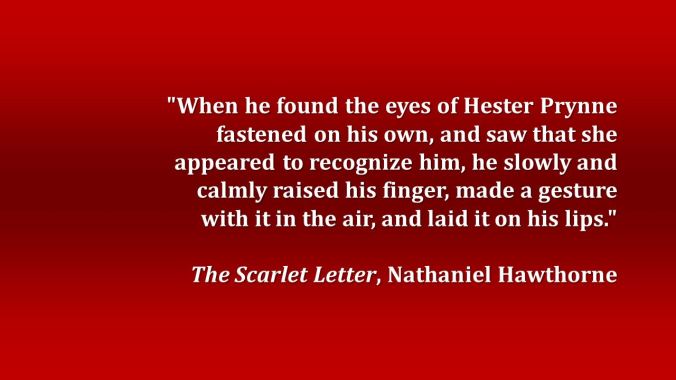
Today’s readings:
Psalms 57; 145, Isaiah 48:1-11, Galatians 1:1-17, Mark 5:21-43
“Worthiness” is a concept that gets thrown around lot in certain Christian circles. When we thank God for loving us despite our sinful nature, we call ourselves “unworthy” of that love. That may be true in the sense that God’s love is not something we can earn. It may even be necessary to keep our egos in check.
But the world already does too good a job of convincing far too many people they are without worth, so the wrong type of focus on our “unworthy” nature can cause yet more damage. In some cases, it can be exploited in very un-Christ-like ways. Christ taught people who thought they were forever outside of God’s love that God loved them too. Shouldn’t that be our focus also?
Every one of us feels insecure about something. Our physical appearance. Our weight. Our ability. Our love-ability. Our faith. Secrets we keep. Secrets we can’t keep. Things we’ve done. Things we’ve left undone. Sadly, human beings have an infinite capacity for reasons to feel insecure. Left to fester, such feelings can quickly grow into feelings of unworthiness. We all know people who feel unworthy to be loved by themselves, by others, or even by God. Deep-seated feelings of unworthiness, left unaddressed, can result in destructive and self-destructive behavior.
In today’s gospel story, a woman who suffered with a hemorrhage for twelve years touched Jesus’s robe and was healed by her faith. Under Levitical law, this woman was unclean, and therefore unworthy of touching a rabbi like Jesus. Societal norms might have kept her from being healed, but Jesus had no words of rebuke for her – only words of praise for her faith. Jesus demonstrated unworthiness is a concept we use to hold each other back but it places no limitations on God’s love for us. We must never let anyone tell us differently.
Feelings of unworthiness may also spring from actions we have taken and lives we have led. In his letter to the Galatians, Paul reminds them that before he evangelized for Christ, he was a destroyer of Christians – surely a matter of no small regret. He also points out that once God chose him, he “did not confer with any human being” but set directly about his calling. We learn at least two things from his experience. First, we are worthy because God tells us so, not because we or someone else decides it. Second, we don’t have to wait for approval from others to behave as though we are worthy: if that were the case, Paul would never have gotten started!
If God felt a notorious persecutor of Christians was worthy of being their greatest evangelist, how much ego does it take to believe our own offenses make us unworthy of God’s love? When we don’t have faith in our own worthiness, let’s remember our God has faith in us!
Comfort: You are no more or less worthy of God’s love than anyone else.
Challenge: Meditate on how we must not equate our human worthiness with the worthiness of Christ.
Prayer: Creator of all, thank you for creating me to love and to be loved. Amen.
Discussion: “Worthy” can be a loaded term if we use it with pride instead of humility. Often we emphasize our unworthiness before God to reinforce that humility. What do you think are healthy and unhealthy ways to think about our worth?
Join the discussion! If you enjoyed this post, feel free to join an extended discussion as part of the C+C Facebook group. You’ll have the opportunity to share your thoughts with some lovely people. Or feel free to comment here on WordPress, or even re-blog – the more the merrier!

